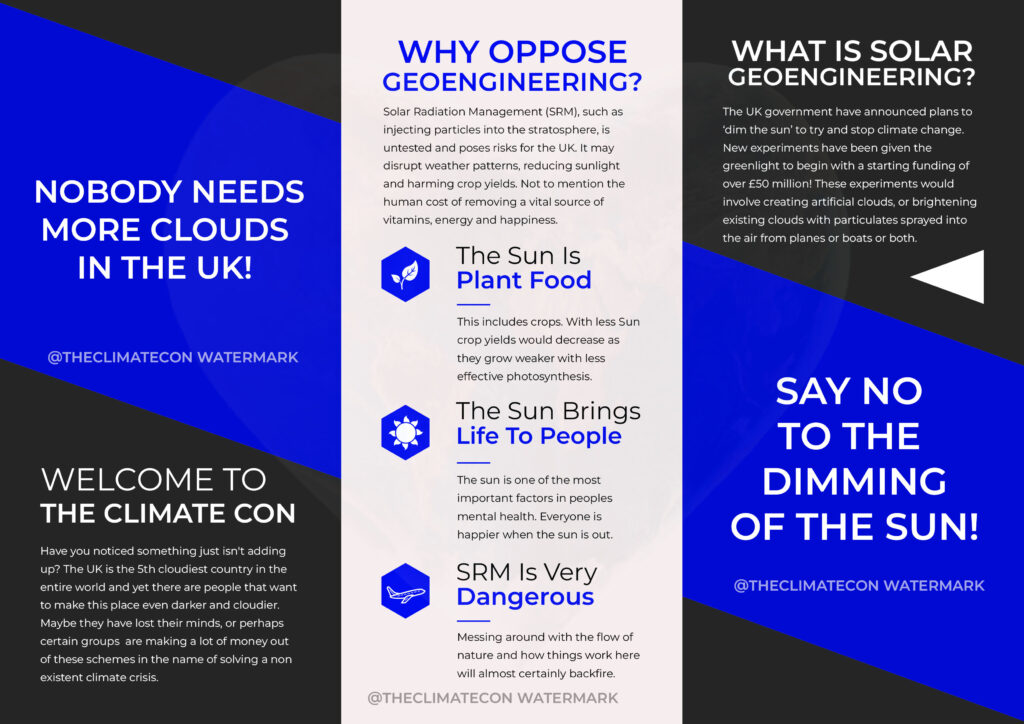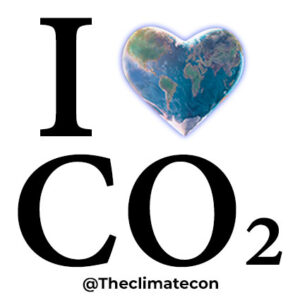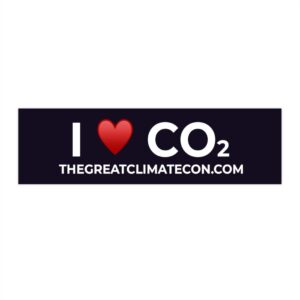Bovaer - What You May Have Missed
The climate cult are coming for our food and we have to stop them!
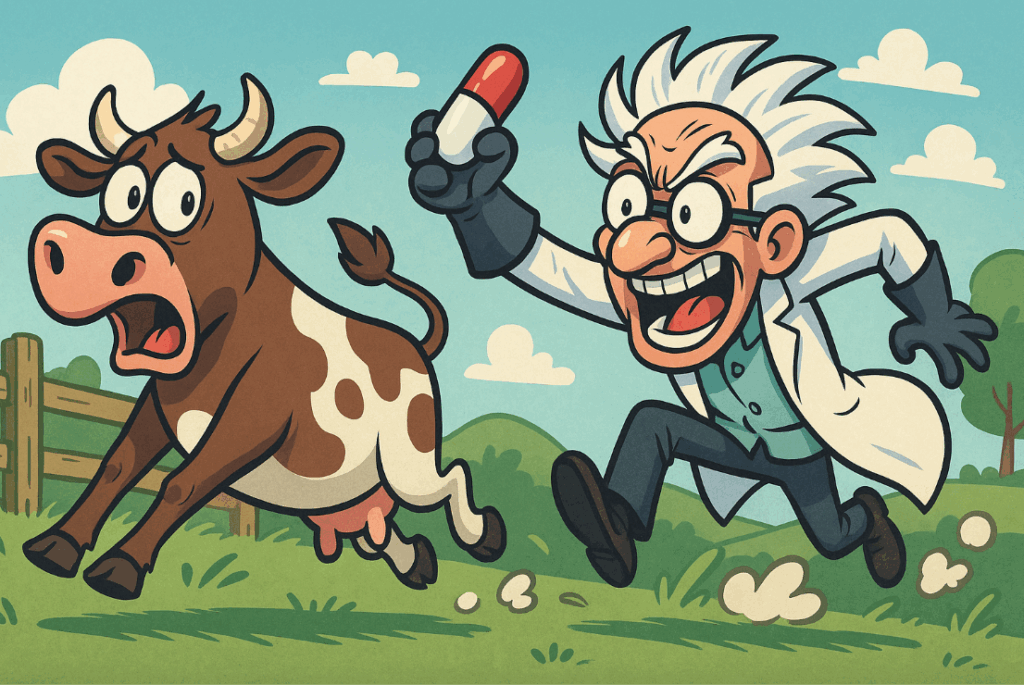
The Case Against Bovaer: Why This Feed Additive Has No Place in Our Food Supply
What Is Bovaer, and Why Is It Being Used?
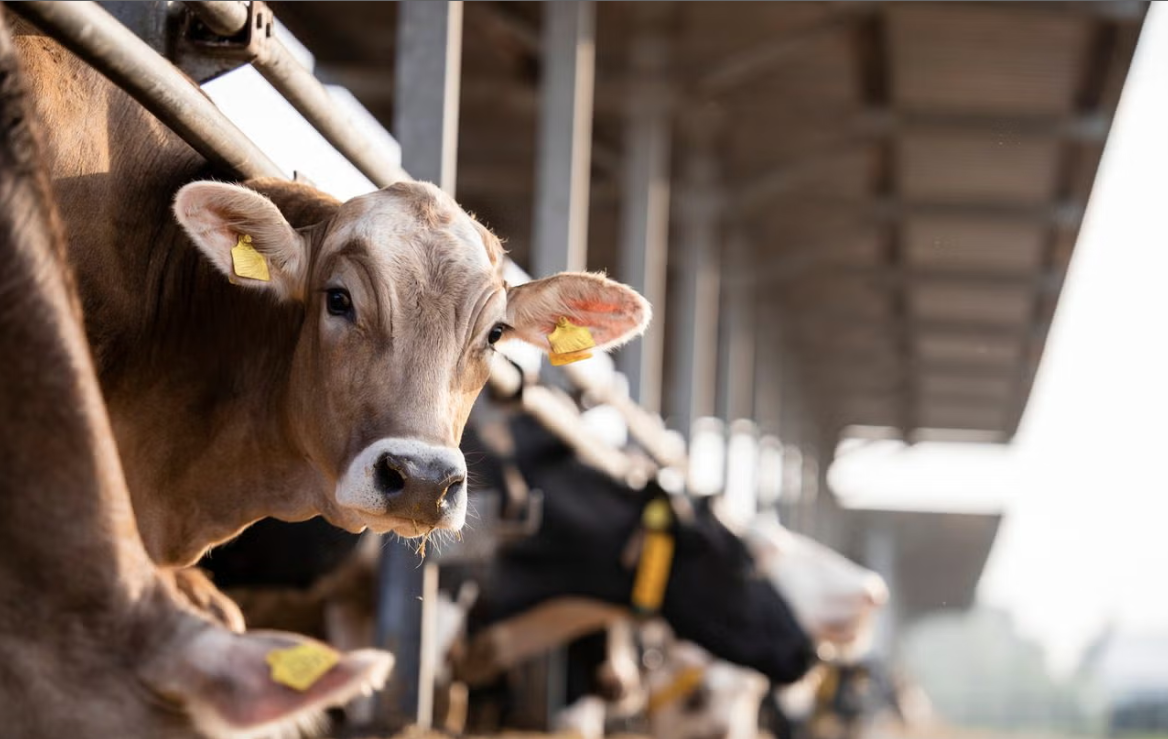
Bovaer is a feed additive developed by DSM-Firmenich, a Swiss-Dutch company, designed to reduce methane emissions from cattle by inhibiting an enzyme in the cow’s rumen that produces methane during digestion. Its active ingredient, 3-nitrooxypropanol (3-NOP), is combined with silicon dioxide and propylene glycol. It’s being trialed in over 68 countries, including the UK, US, and Australia, with companies like Arla Foods partnering with supermarkets like Tesco and Aldi to implement it in dairy farming. Proponents claim it can reduce methane emissions by 27-90%, depending on dosage, presenting it as a tool to address climate change. As can be seen in these charts about CO2, mans impact on climate is tiny. Pollution of our own habitat and chemical overload of our society and people is a far bigger issue which Bovaer only worsens.
Is Bovaer Safe for Human Consumption?
The safety of Bovaer for consumers is a major concern, particularly given the warnings about its active ingredient, 3-NOP. The U.S. Food and Drug Administration (FDA) explicitly states that 3-NOP “may damage male fertility and reproductive organs, is potentially harmful when inhaled, and is a skin and eye irritant,” requiring protective gear for those handling it. While regulators and manufacturers claim that 3-NOP is metabolized in the cow’s rumen and does not appear in milk or meat, studies have detected its metabolite, 3-nitrooxypropionic acid (NOPA), in cow’s milk at 80% of the proposed use level. This raises red flags about the claim that Bovaer poses no risk to consumers.
The European Food Safety Authority (EFSA) acknowledges that 3-NOP’s genotoxicity and carcinogenicity have not been fully clarified, and high doses in animal studies (300-500 mg/kg body weight) caused testicular shrinkage and reduced sperm count in rats, mice, and dogs. While regulators argue that the doses used in cattle are far lower (around 0.2 grams of 3-NOP daily), the lack of long-term studies leaves uncertainty about cumulative effects. For a 70 kg human, achieving the toxic dose seen in animal studies would require consuming 21-35 grams of pure 3-NOP daily—an unlikely scenario—but the presence of NOPA in milk suggests some exposure is possible. Without transparent, independent, long-term studies, we cannot trust assurances that Bovaer is safe for humans consuming dairy or beef from treated cows. Once again another chemical with potentially big negative side effects making its way into our bodies. Not needed and not helpful.
Below is kinda what people should look like whilst handling Bovaer at high concentrations and we’re supposed to be ok with this entering the animals whose milk we consume!?
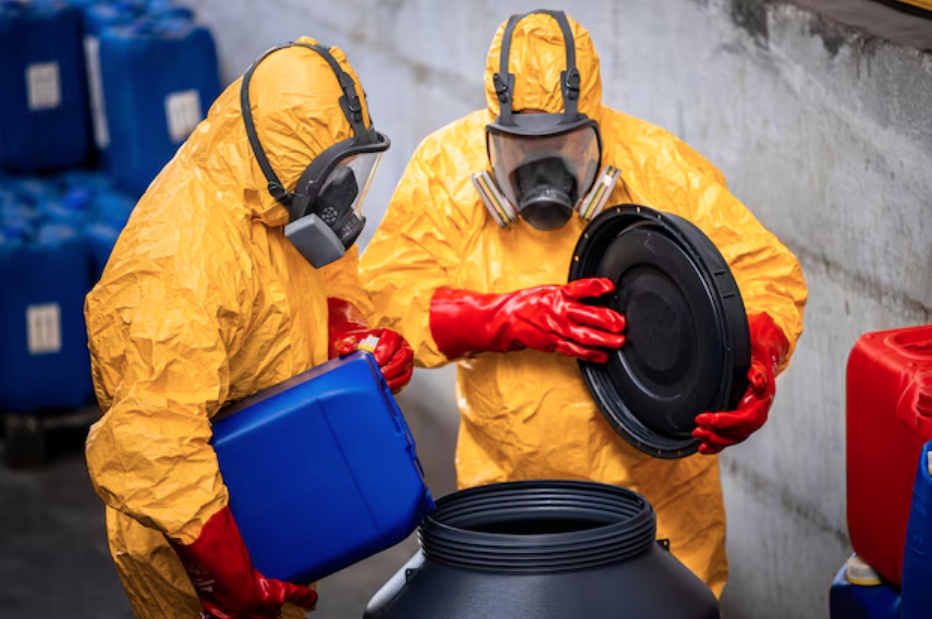
Is Bovaer Being Fed To Meat Cows?
No, currently in the UK Bovaer is only being trialled in cows for dairy farming. We need to keep it that way because eating meat is good for the planet as it is. This article will help you know all you need to know about Bovaer and then you just need to become good at debating to change the courses of conversation and we can together, change the culture of our society.
Does Bovaer Affect Male Fertility?
One of the most alarming concerns about Bovaer is its potential to impact male fertility. Animal studies, including those reviewed by Japan’s Food Safety Commission, found that 3-NOP reduced testis and epididymis weight, sperm count, and sperm motility in rodents and dogs at doses above 100 mg/kg body weight. The EFSA noted effects in rat testes at 300 mg/kg, far higher than the acceptable daily intake of 0.3 mg/kg set by the UK Food Standards Agency (FSA). However, the presence of NOPA in milk, even at low concentrations, raises questions about whether chronic, low-level exposure could disrupt human reproductive health over time.
The mechanism by which 3-NOP affects fertility is not fully understood but may involve hormonal disruption or cellular damage in reproductive tissues. Given the rising global concerns about declining male fertility rates, introducing a compound with known reproductive toxicity in animals into the food chain is reckless. The absence of long-term human studies and the reliance on short-term data from industry-funded research only heighten these concerns. Then add in how it is completely unnecessary to even be trialing Bovaer because cows are not planet destroyers and we have to deeply question the motives of those involved. It’s probably layers of incompetence wrapped in a nice blanket of fear with some greed thrown in and maybe elite evil right at the top of it all.
Is Bovaer Safe for Cows?
Bovaer’s impact on cow health is another critical issue. While the EFSA concluded that Bovaer is safe for dairy cows at the recommended dose of 100 mg 3-NOP/kg dry matter, some studies reported reduced feed intake and lower heart weights at higher doses. Altering the rumen’s natural methane production process could disrupt the cow’s microbiome, which is essential for digestion and overall health. The long-term effects of this interference are largely unknown, as most studies are short-term and industry-sponsored.
Did The Bovaer Trial End In The UK?
As advocates for a safe, sustainable food system, we face a troubling lack of clarity about Arla Foods’ 90-day Bovaer trial, launched November 26, 2024, across 30 UK farms. Intended to end around February 24, 2025, no public confirmation verifies its conclusion, leaving consumers in the dark about whether Bovaer persists in Arla’s supply chain. The absence of results, coupled with the detection of Bovaer’s metabolite, 3-nitrooxypropionic acid (NOPA), in milk, fuels distrust.
At the time of writing a freedom of information request has been sent to the food standards agency to determine if Arla has continued on with using Bovaer.
What Products And Supermarkets Potentially Have Milk From Cows Feed Bovaer?
- The following retailers and products are definitely linked to Müller’s supply chain and may contain milk from Bovaer-fed cows:
Sainsbury’s Own-Brand Dairy Products:
Sainsbury’s own-brand milk, butter, cheese, and yogurt. Müller processes milk for Sainsbury’s, and the 40 farms trialing Bovaer are part of this supply chain. Note that Sainsbury’s own-brand organic cheese, made by Wyke Farms, is Bovaer-free due to organic standard
Co-op Own-Brand Dairy Products:
Products: Co-op’s own-brand milk, butter, cheese, and yogurt. Müller supplies the Co-op, and the 40 farms trialing Bovaer are part of this supply chain.Müller-Branded Products:
Müller’s own branded items, such as Müller Milk, Müller Corner yogurts, and Müller Butter, available at various retailers (e.g., Tesco, Asda, Sainsbury’s, Co-op). While not all Müller products come from the 40 trial farms, the integration of milk from these farms into Müller’s processing makes it possible.
Arla’s 90-day Bovaer trial, involving 30 farms, began on November 26, 2024, and was expected to end around February 24, 2025. No explicit confirmation of its conclusion or continuation exists, but Arla’s commitment to continue despite backlash suggests potential ongoing use. If the trial has extended or Bovaer has been adopted more broadly, the following sources may be affected:
- Lurpak butter
- Cravendale milk
- Arla Protein shakes and yogurts
- Arla Lactofree dairy products
- Arla BOB (Best of Both) milk
- Anchor butter
- Apetina cheese
- Castello cheese
Supermarket Own-Brand Dairy Products:
To summarise simply, every major supermarket homebrand products are possibly impacted due to Arla being the largest supplier of milk by far. A few exceptions apply and the likelihood it is in every pint of milk, slab of butter and block of cheese at this point is low due to the low number of farms in the trial, however unfortunately we cannot be sure. This is once again highlighting the importance of buying high quality, organic and local products because when the control of food production is in the hands of nameless entities the whole game becomes much harder.
Tesco
Products: Tesco’s own-brand milk, butter, cheese, and yogurt sourced from Arla. Tesco’s Future Dairy Partnership with Arla increases the likelihood of Bovaer-derived milk in these products if the trial has continued.
Details: Tesco previously trialed methane-reducing additives at a Cheshire farm, suggesting openness to Bovaer’s broader use.
Morrisons:
Products: Morrisons’ own-brand milk, butter, cheese, and yogurt supplied by Arla through the FarmAhead Customer Partnership.
Details: Morrisons’ involvement in the trial makes their dairy products potential sources if Bovaer persists.
Aldi:
Products: Aldi’s own-brand milk, butter, cheese, and yogurt sourced from Arla
Details: Aldi’s participation in the trial raises the risk of Bovaer-derived dairy in their products.
Asda:
Products: Asda’s own-brand milk and dairy products supplied by Arla.
Details: While not named in the trial announcement, Asda’s partnership with Arla makes their products a potential source.
Marks & Spencer (M&S):
Products: M&S own-brand milk and dairy products sourced from Arla.
Details: M&S’s reliance on Arla suggests possible exposure if Bovaer use has continued.
Waitrose:
Products: Waitrose own-brand cheddar and other dairy products made by Arla.
Details: Though not part of the trial, Arla’s supply role indicates potential risk.
- Lidl:
- Products: Lidl’s own-brand milk, butter, cheese, and yogurt (e.g., Milbona, Valley Spire non-organic products), as well as Arla-branded products like Cravendale milk.
Iceland:
Products: Iceland’s own-brand milk, butter, cheese, and yogurts (non-organic), as well as Arla-branded products like Lurpak or Cravendale.
- Details: Sources dairy from Arla Foods, which is linked to the Bovaer trial, making their non-organic dairy products potentially affected if Arla’s Bovaer use continues. Organic dairy products at Iceland are Bovaer-free due to organic regulations.
Third-Party Retailers and Food Outlets:
- Starbucks: Uses Arla-sourced milk in coffee drinks, potentially affected if Bovaer is still in use.
- Costa Coffee: Sources milk from Arla, making their beverages a potential risk.
- McDonald’s: Uses Arla-sourced dairy (e.g., cheese, milkshakes), which could contain Bovaer-derived milk.
- Greggs: Uses Arla-sourced dairy in milk-based drinks and some food items, potentially affected if Bovaer is still used.
- Caffe Nero: Stocks Arla-sourced milk for coffee and other beverages, potentially affected if Bovaer persists in Arla’s supply.
- Leon: Uses Arla-sourced dairy in select menu items like milkshakes and breakfast pots, potentially affected if Bovaer continues.
- Nando’s: Sources some dairy products (e.g., cheese, milk-based desserts) from Arla, potentially affected if Bovaer remains in use.
Supermarkets Guaranteed Not to Contain Bovaer in Their Dairy Products
The following supermarkets or retailers have confirmed that their dairy supply chains do not use Bovaer, primarily through their reliance on Bovaer-free suppliers or organic standards, which prohibit Bovaer per the Soil Association’s regulations.
-
Booths:
-
Confirmation: Booths, a North West England supermarket chain, sources milk from suppliers like Lancashire Farm, which has explicitly stated, “Bovaer is not used as a feed additive in any of the cow’s milk supplied to our dairy. Furthermore, we have no plans to incorporate this additive in the future.”
-
Products:
-
Lancashire Farm yogurts
-
Booths own-brand milk, cream, and cheese
-
-
Details: Lancashire Farm’s commitment ensures Booths’ dairy products are Bovaer-free, making it a reliable choice for consumers in Lancashire, Cumbria, Yorkshire, Cheshire, and Greater Manchester.
-
-
Poundland, Home Bargains, Farmfoods, Heron Foods:
-
Confirmation: These discount retailers stock Paynes Dairies whole milk, which is explicitly marketed as “Bovaer-free for maximum dairy cow health.”
-
Products:
-
Paynes Dairies whole milk
-
-
Details: Paynes Dairies’ public statement on X confirms their milk is free of Bovaer, and these retailers are listed as stockists, offering an affordable Bovaer-free option.
-
-
Milk & More:
-
Confirmation: Milk & More, an online milk delivery service, sources milk from British farms not involved in Bovaer trials, as noted in social media discussions promoting Bovaer-free dairies.
-
Products:
-
Milk & More own-brand milk
-
Organic milk from various suppliers (e.g., Yeo Valley Organic)
-
-
Details: Their focus on local and organic suppliers, combined with consumer endorsements on suggests no Bovaer use, though direct inquiries are recommended for confirmation.
-
-
Yeo Valley Organic:
-
Products: Milk, yogurt, butter, cheese
-
Confirmation: Yeo Valley Organic has publicly stated it does not use Bovaer, as confirmed by the Soil Association’s prohibition of synthetic additives like 3-nitrooxypropanol (3-NOP) in organic farming.
-
-
Wyke Farms:
-
Products: Cheese (e.g., Sainsbury’s own-brand organic cheese)
-
Confirmation: Wyke Farms, a major cheese producer, has confirmed it does not use Bovaer, as noted in discussions about Sainsbury’s organic cheese supply.
-
-
Lancashire Farm:
-
Products: Yogurts, milk
-
Confirmation: Lancashire Farm stated, “We are committed to maintaining the highest standards of quality and sustainability. We would like to assure our valued customers that Bovaer is not used as a feed additive in any of the cow’s milk supplied to our dairy.”
-
Retailers: Booths, other supermarkets, and independent stores.
-
-
Paynes Dairies:
-
Products: Whole milk
-
Confirmation: Paynes Dairies explicitly markets its milk as “Bovaer-free for maximum dairy cow health” on X.
-
Retailers: Poundland, Home Bargains, Farmfoods, Heron Foods.
-
-
Edwards Dairies:
-
Products: Milk, cream, cheese
-
Confirmation: Edwards Dairies stated, “Our milk remains free from Bovaer and any other synthetic additives,” emphasizing natural dairy production.
-
-
Hook & Son:
-
Products: Raw milk, cream, butter
-
Confirmation: Hook & Son, a small-scale dairy, has publicly confirmed it does not use Bovaer, responding to consumer inquiries post-Arla trial announcement.
-
-
JD Milk:
-
Products: Milk
-
Confirmation: JD Milk stated, “The dairies we work with are not participating in this trial. The milk we deliver to your door remains as it always has been: natural, wholesome, and of the highest quality.”
-
-
R Bretherton Ltd:
-
Products: Milk, cheese, butter, yogurts
-
Confirmation: R Bretherton Ltd confirmed, “All of our dairy products including cheese, butter and yogurts are 100% free from Bovaer as all our products are made by small local family businesses.”
-
Retailers: Direct delivery in Leyland, Chorley, Buckshaw, Whittle, and Clayton-le-Woods.
-
-
McQueens Dairies:
-
Products: Milk, cream
-
Confirmation: McQueens Dairies is listed as Bovaer-free on X, with door-to-door delivery services.
-
Retailers: Direct delivery across the UK.
-
-
Organic Herd:
-
Products: Milk, cheese
-
Confirmation: As an organic producer certified by the Soil Association, Organic Herd is guaranteed Bovaer-free due to organic regulations.
-
Retailers: Independent stores, online retailers, and farmers’ markets.
-
-
Castle Dairies Butter:
-
Supermarkets: Sainsbury’s, Tesco, Asda, independent Welsh retailers.
-
-
Graham’s The Family Dairy Butter:
-
Supermarkets: Tesco, Sainsbury’s, Waitrose, independent stores
-
In addition to the products and supermarkets listed above, you can find a handy map created by the community which shows local Bovaer free farms.
Conclusion
The addition of Bovaer to our food supply is a massive overreach from the climate cult. It is not needed in anyway and it is potentially very dangerous and may even have negative effects on fertility which is a huge thing considering the current fertility rates in the west. This is why such a huge backlash came from the public. Now we just need to know if Arla have continued it’s trials or not. Hopefully the FOI will help us with this and we need to push for transparency wherever we can. Ultimately the most important thing any of us can do is shop local and organic wherever possible. Voting with your money is a power often understated and we may like to save a few pennies to get cheaper however it will collectively come back to bite us big time if we completely lose control over our food supply.
A good example of how learning more and educating our communities is crucial is how the Norfolk residents currently under siege by the climate cult looking to steal their land in the name of more solar panels would have their fight be much more effective if they knew the truth about The Climate Con at large.
The Beginners Guide To The Climate Con
Stop Solar Geoengineering - The New Leaflet
Continue Your Learning

Climate Working Group Disbanded
Our enemies cannot handle a debate because the truth is too powerful. Instead, they do everything possible to silence opposition.
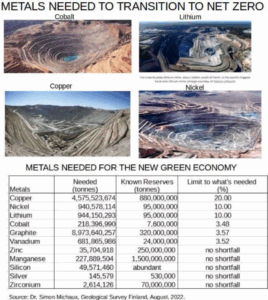
Net Zero Is Mathematically Impossible
Not only does net zero fail a logic test, it fails a maths test even more significantly. Numbers and facts don’t lie, no matter how loud the climate cult cry.
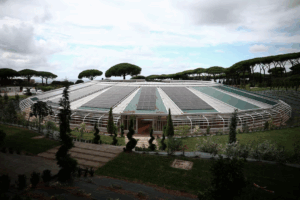
A Ridiculous Foray into Eco-Fantasy: The Vatican’s “Borgo Laudato Si” A New Climate Cult Centre
For some reason the pope is joining the ranks of the climate cult and is opening a new eco centre to supposedly inspire others to join the climate cult.

Net Zero Banking Alliance Defeated
The net zero banking alliance all but admits defeat as they pause operations and their future hangs in the balance of a members vote.
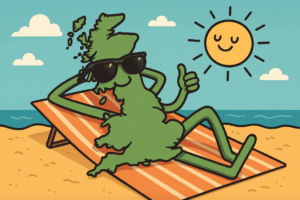
The Climate Is Always Changing And That’s A Good Thing
The climate is always changing and that is a good thing. I could adapt to it being a bit warmer in the UK quicktime, how about you?

Oil Rig Parts Maker Nearly Completely Abandons Operations Due To ‘cult of carbon’
The UK is getting left behind as the decimation of our industry continues under the banner of net zero. When we realise we don’t need any of this and claim our true abundant destiny?
Our Products
-
Accessories
No Digital ID Stickers – International
£3.50 – £4.00 This product has multiple variants. The options may be chosen on the product page -
Accessories
I Love CO2 Sticker
£3.33 – £3.83 This product has multiple variants. The options may be chosen on the product page -
Accessories
Chemtrail Awareness Sticker 1
£3.33 – £3.83 This product has multiple variants. The options may be chosen on the product page
Track The Cost Of Net Zero
Stay ahead of the transition with real-time cost monitoring and optimization tools.
Access Cost Trackers →

